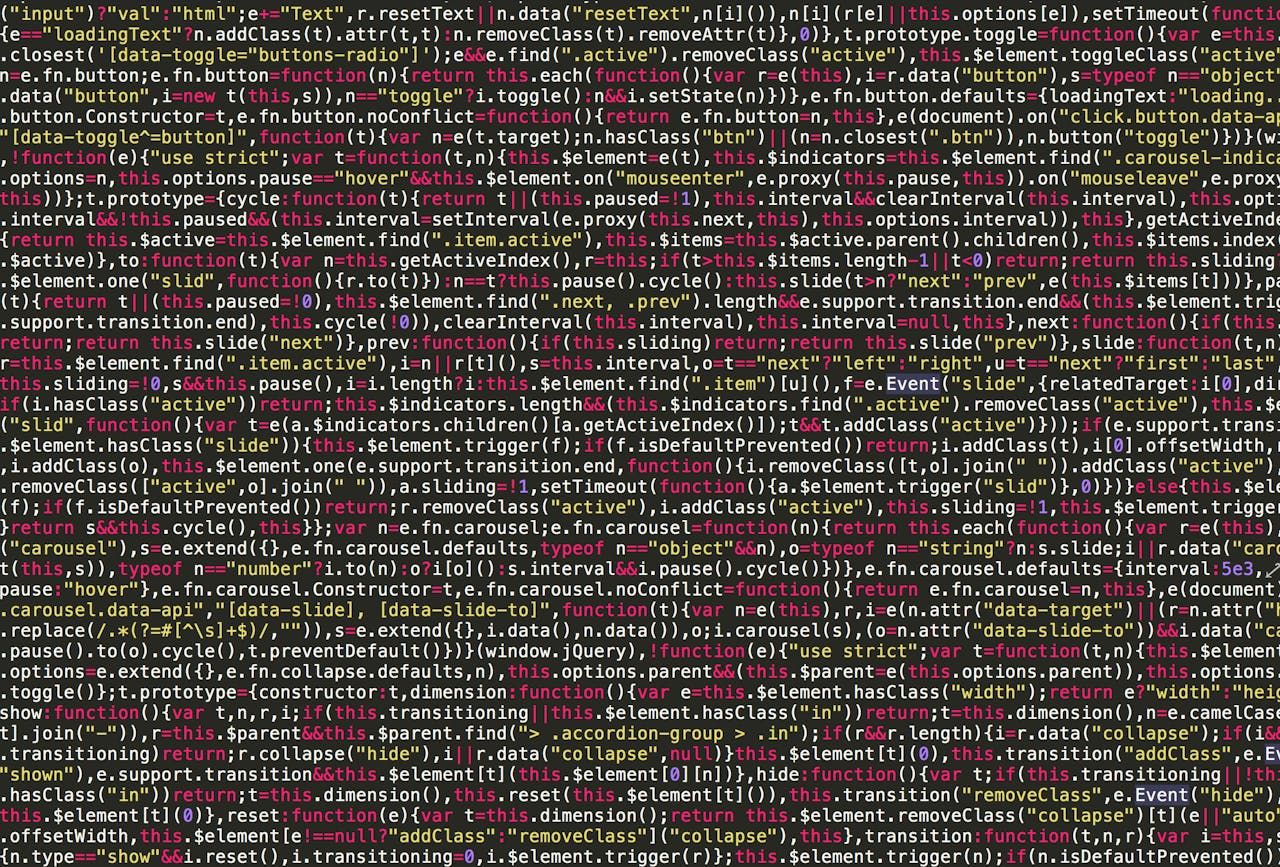
By Zain Jaffer
Is programming dead?
Zain Jaffer is a real estate and property tech investor who sold his mobile ad startup Vungle in 2019 to private equity firm Blackstone.
There are several talks on Youtube these days about the death of programming. These include an interview with Wolfram Alpha founder Stephen Wolfram and a Harvard talk by Dr. Matt Welsh last October 2023.
I love coding. I started programming when I was 14 years old, and in 2019 I managed to get my mobile advertising company Vungle acquired by the US private equity firm Blackstone for $780M. Although I no longer code professionally, many of the investments I make are software companies in the real estate property space.
Having said all this, I agree with the sentiment that we are probably seeing the end of coding as we knew it. The current powerful Large Language Models (LLMs) in Artificial Intelligence (AI) from tech giants like Google Gemini (formerly Bard) and Microsoft OpenAI have been taught how to program. These LLMs are now able to generate code if a software engineer gives it some technical specifications or requirements.
Is this a bad thing? Personally I think not. Although there are extremely talented programmers out there, the reality is that the majority of programmers sometimes make errors, sometimes critical ones. They can introduce areas of weakness that criminal elements can take advantage of. There are many types of software bugs, errors, weaknesses, and human reviewers often do not catch all of those, since sometimes programs can run into the millions of lines of code.
This is because when we code, we are communicating with the computer in its own language not in ours. Early engineers had to code microprocessors in assembly language, while programmers from the 60s had to input their programs into IBM mainframes using punch cards. Like when we communicate in a foreign language that we are not that expert in, we make mistakes. Unfortunately when you make mistakes in software, it can get people killed. Critical types of software include aircraft and automobile control software, medical equipment software, and the like.
In recent decades, programming languages have grown from purely machine oriented (such as assembly language) into higher level languages. Thus assembly language became Basic, Fortran, C, Java, Pascal, and eventually the current languages that approximate English such as Python.
Current LLMs allow humans to “converse” with it using our natural human language in the same way you are reading this article in English. Unlike the old “rule based” AIs, these LLMs are basically “black boxes” that need to be tuned and trained. Even experts will admit they cannot tell you how these programs were generated, only that when the outputs have been reviewed, the properly tuned LLMs seem to perform well.
Is programming dead? Only in the sense that software developers can spend more time as architects and planners, and looking for strengths and weaknesses in the software, instead of actually doing the grunt work of coding. So software engineers still need to study the theories, so they know what they are looking at. Productivity will improve, and we will have more better written code faster, and with less bugs and errors.
Even if we programmers loved (and still love) programming, admittedly the capabilities of these new LLMs in generating the actual code will free us up from thinking of better applications. If the code itself will be better written by machines, have less bugs and weaknesses, and allow us to solve the problems we want software to fix with less effort and headache, then I am all for it.

